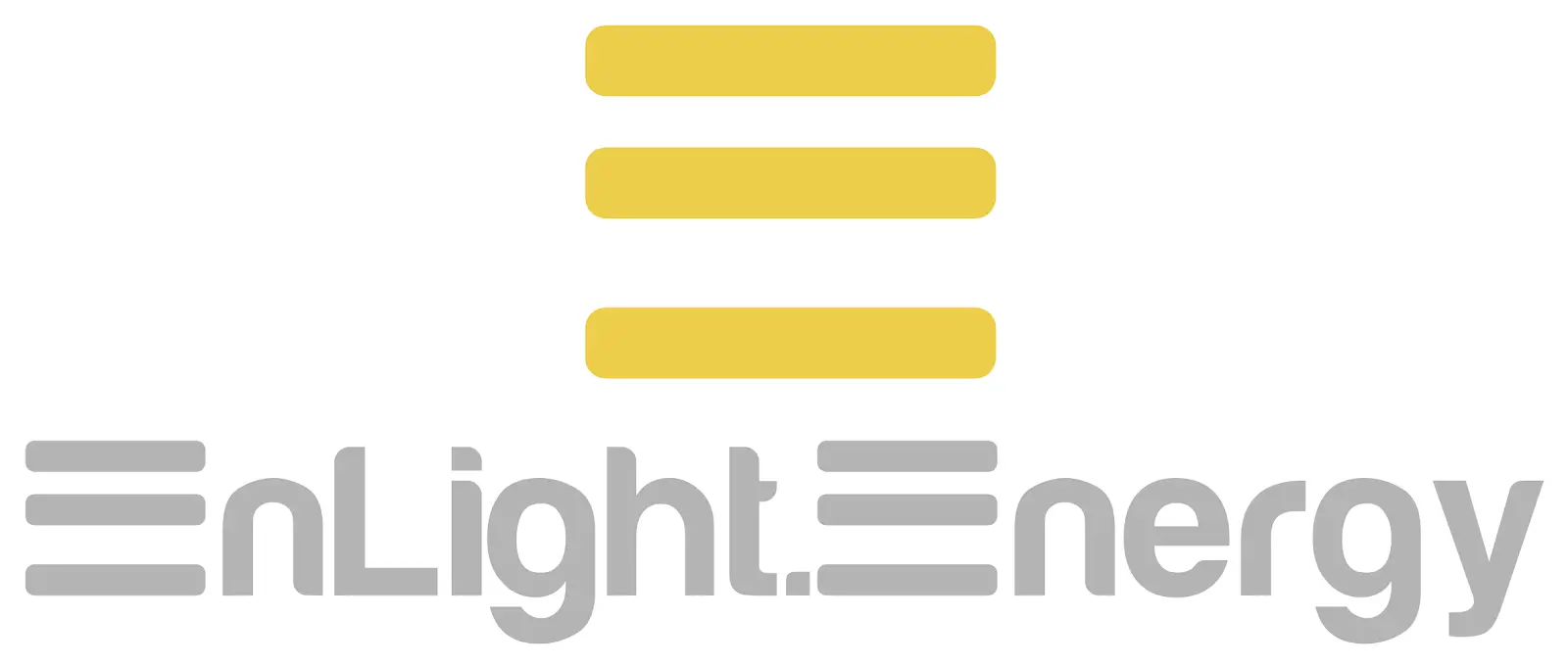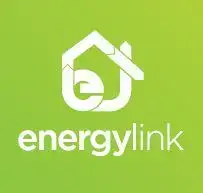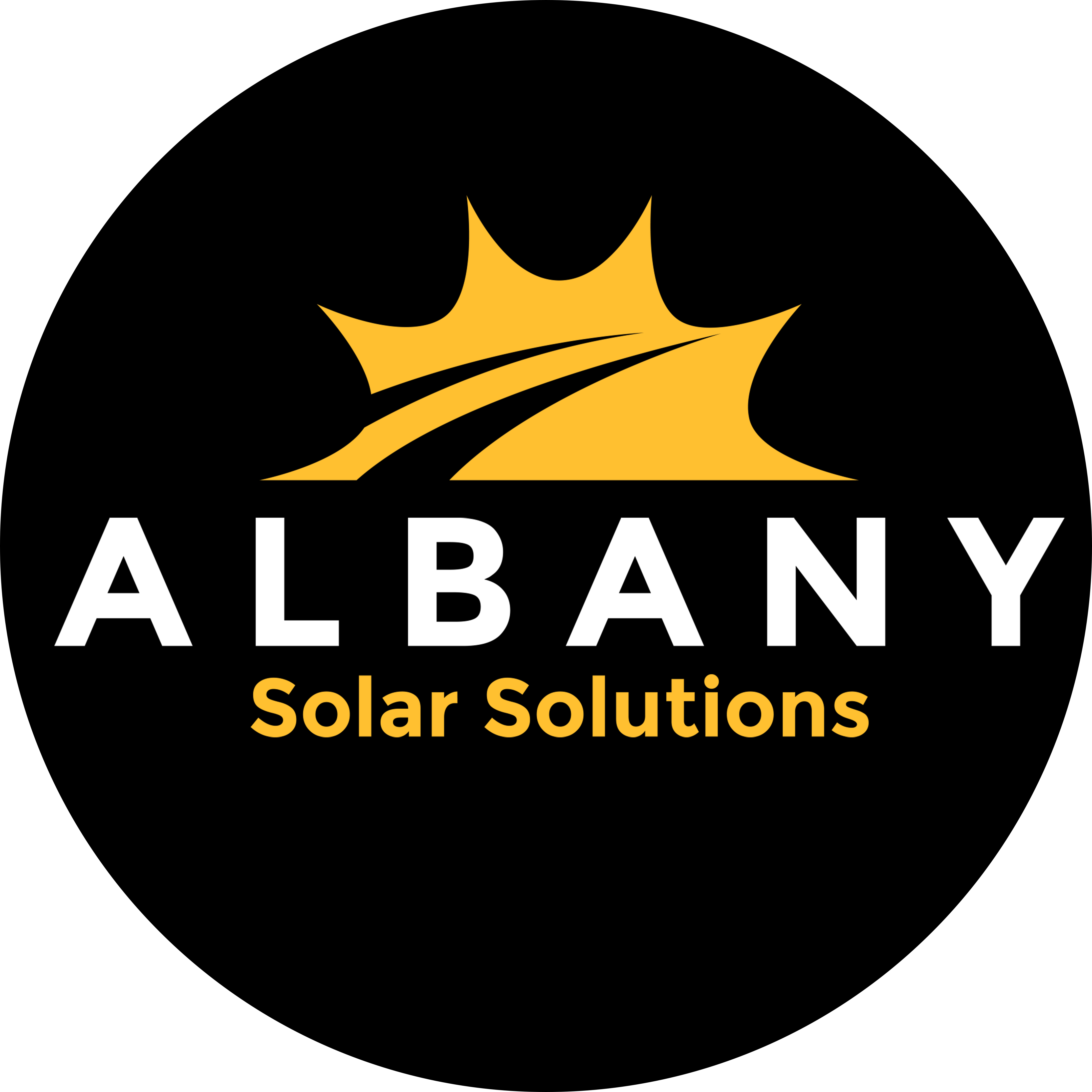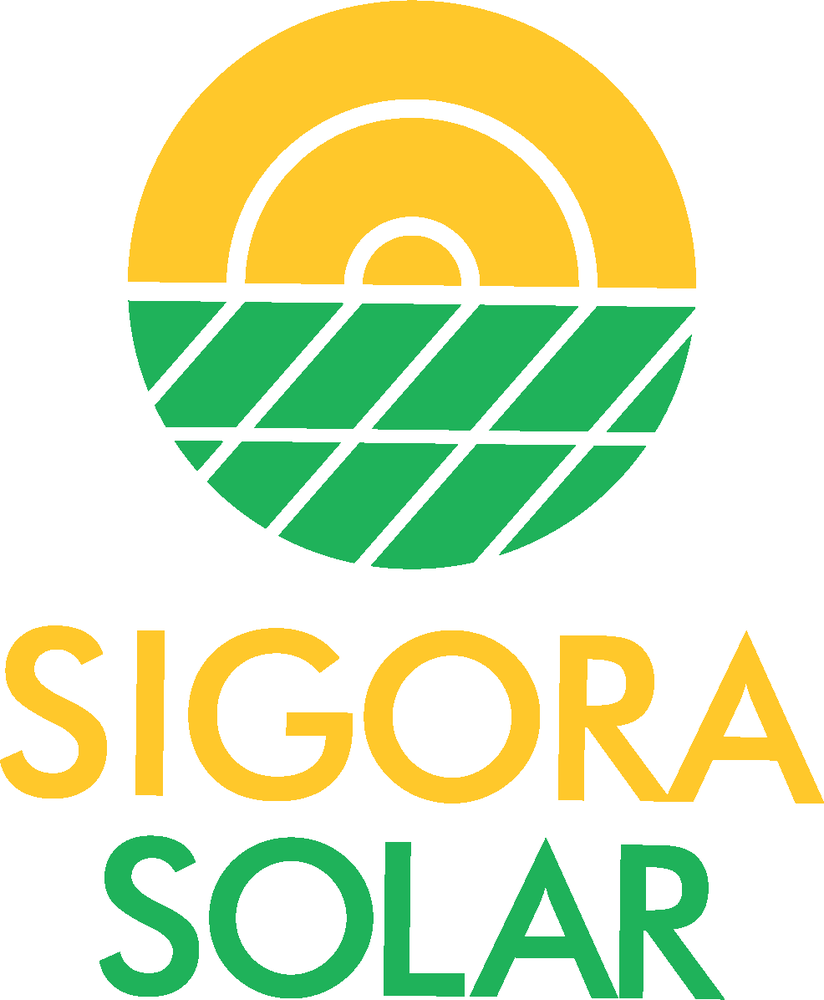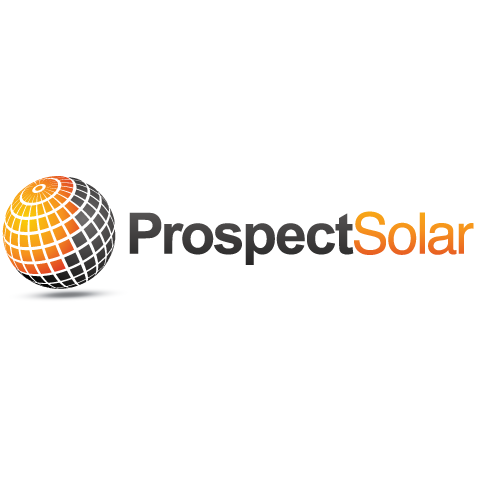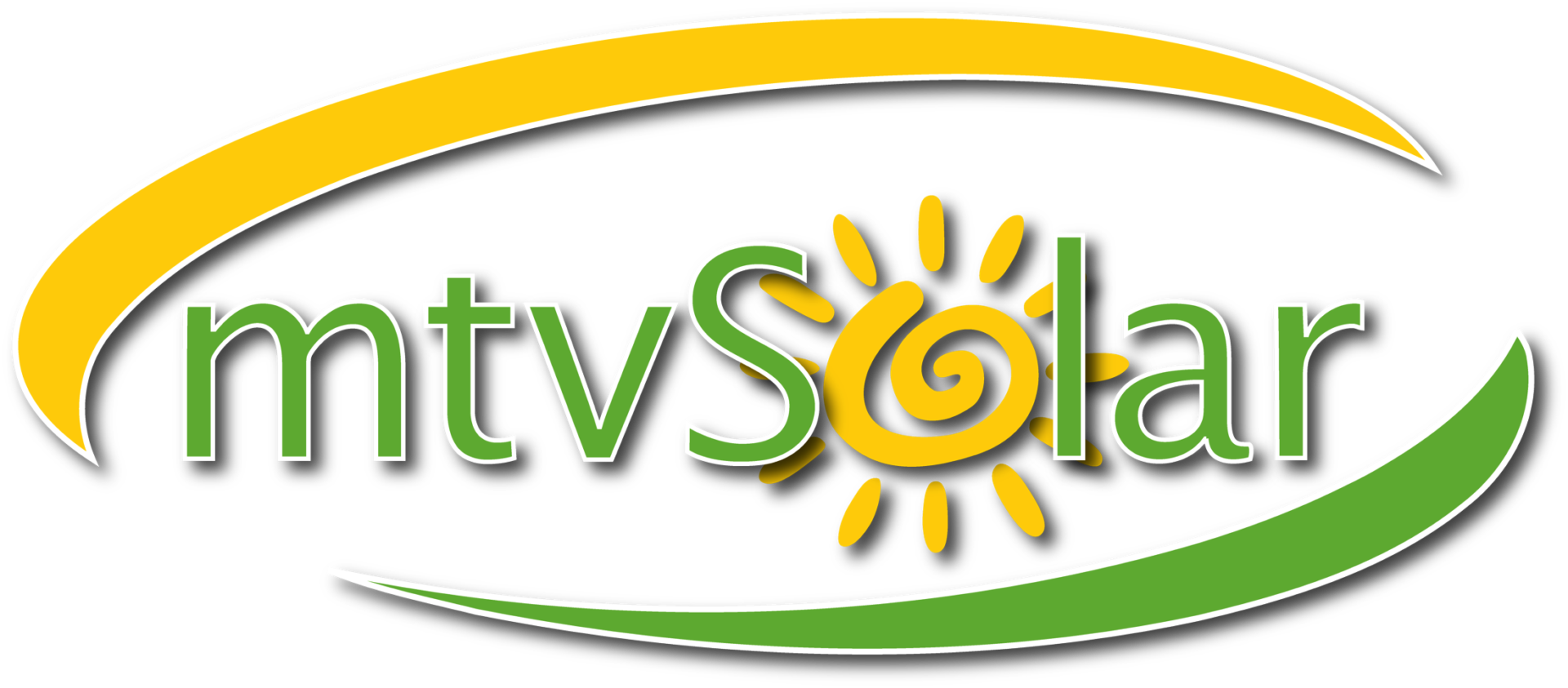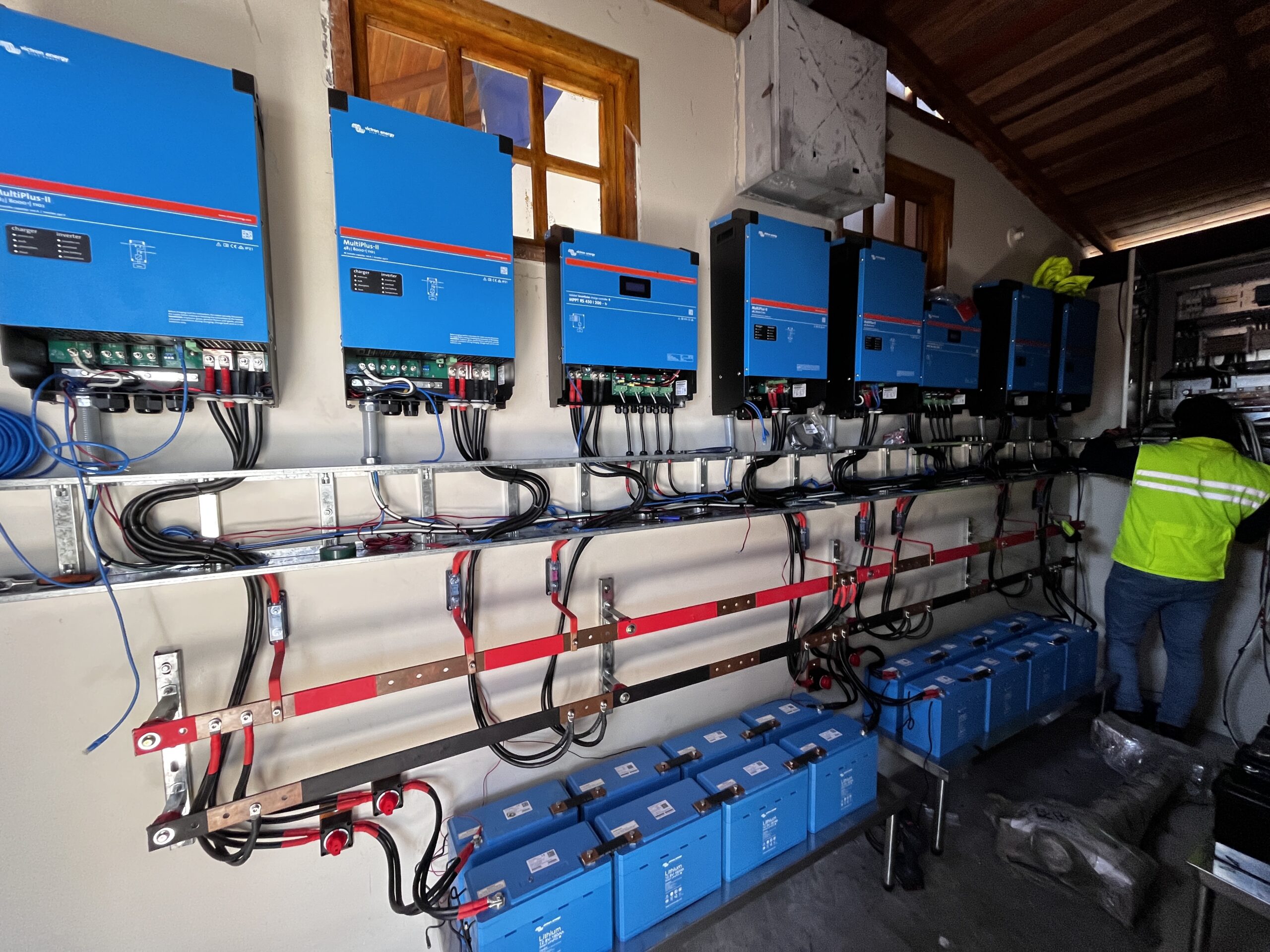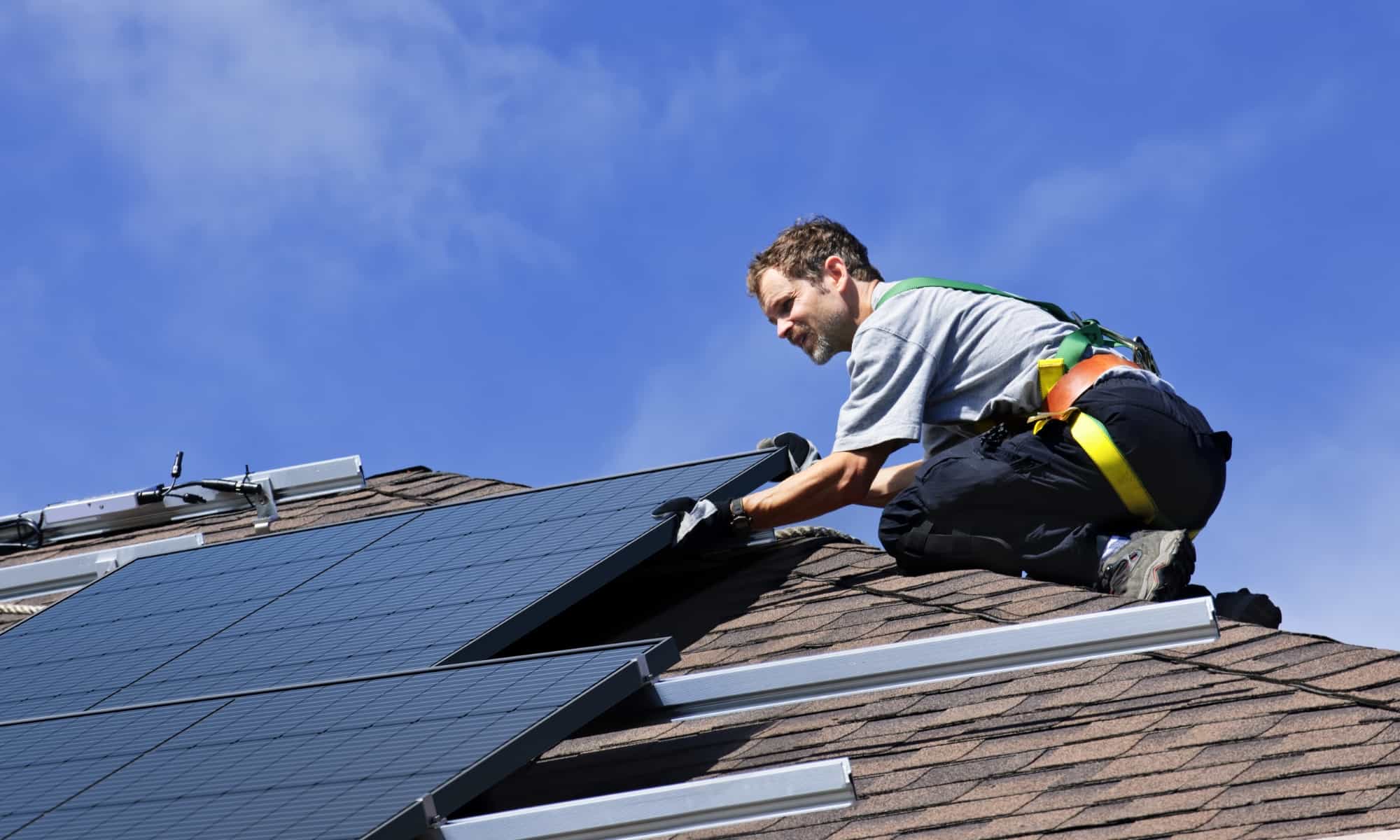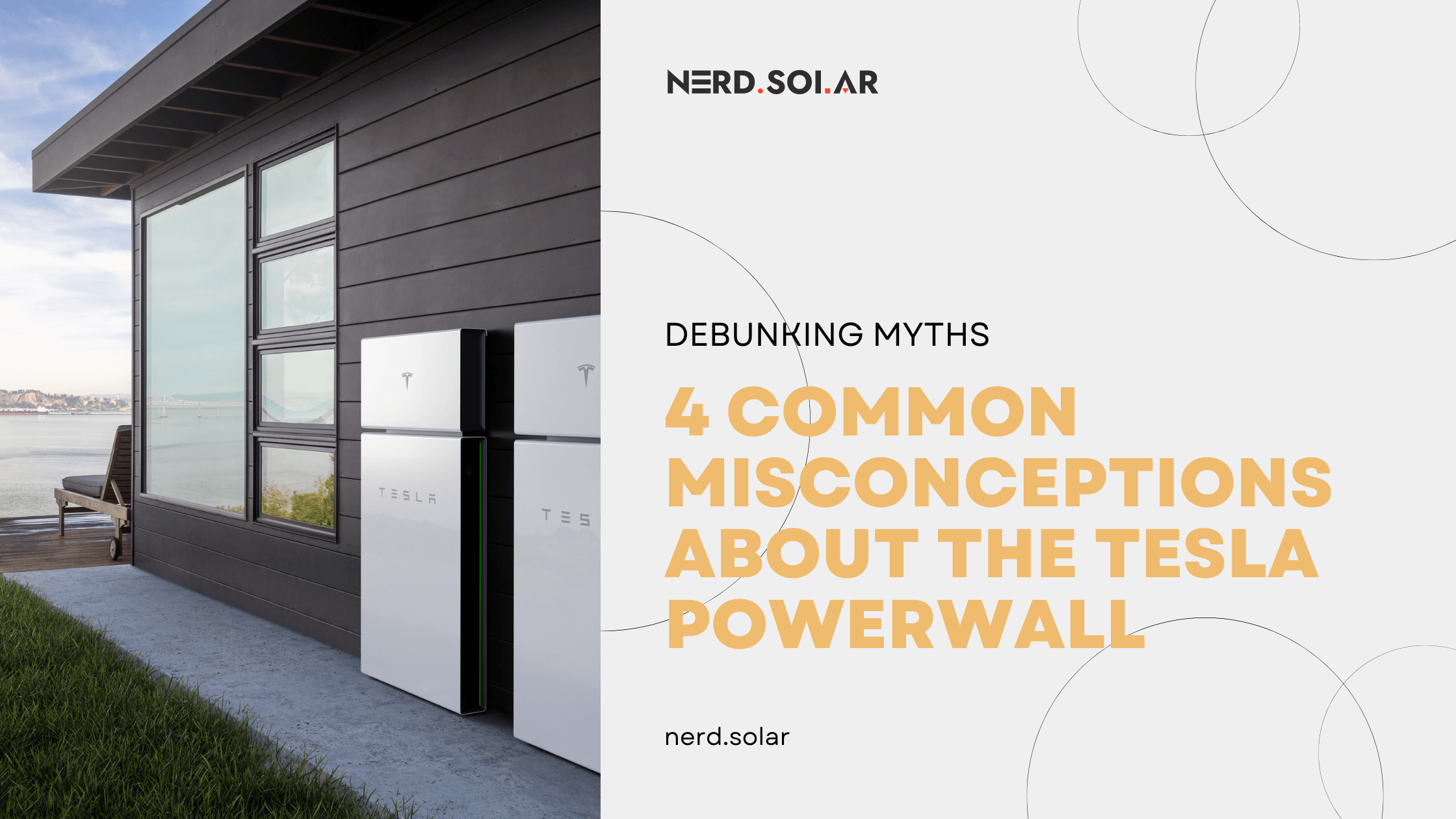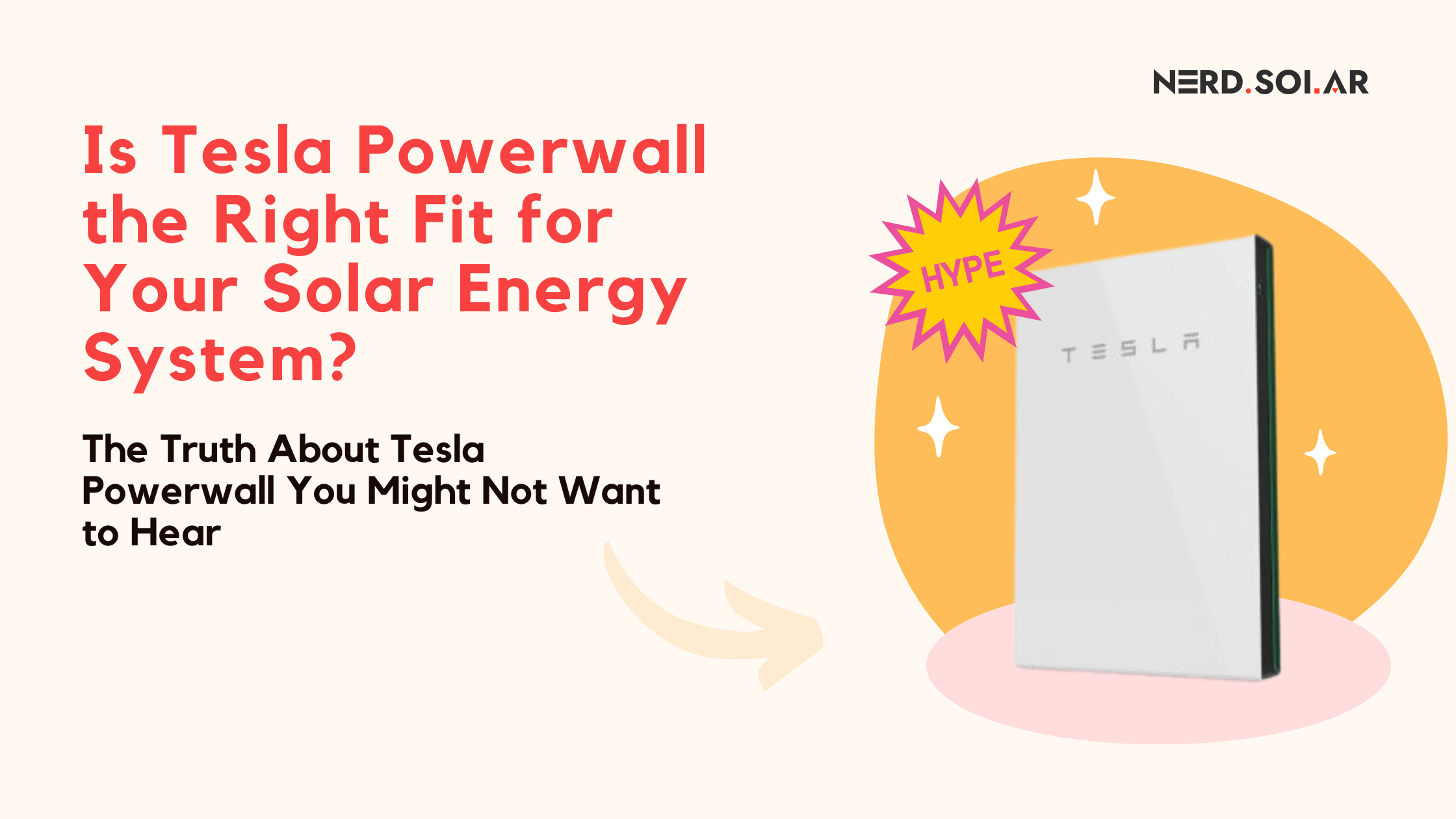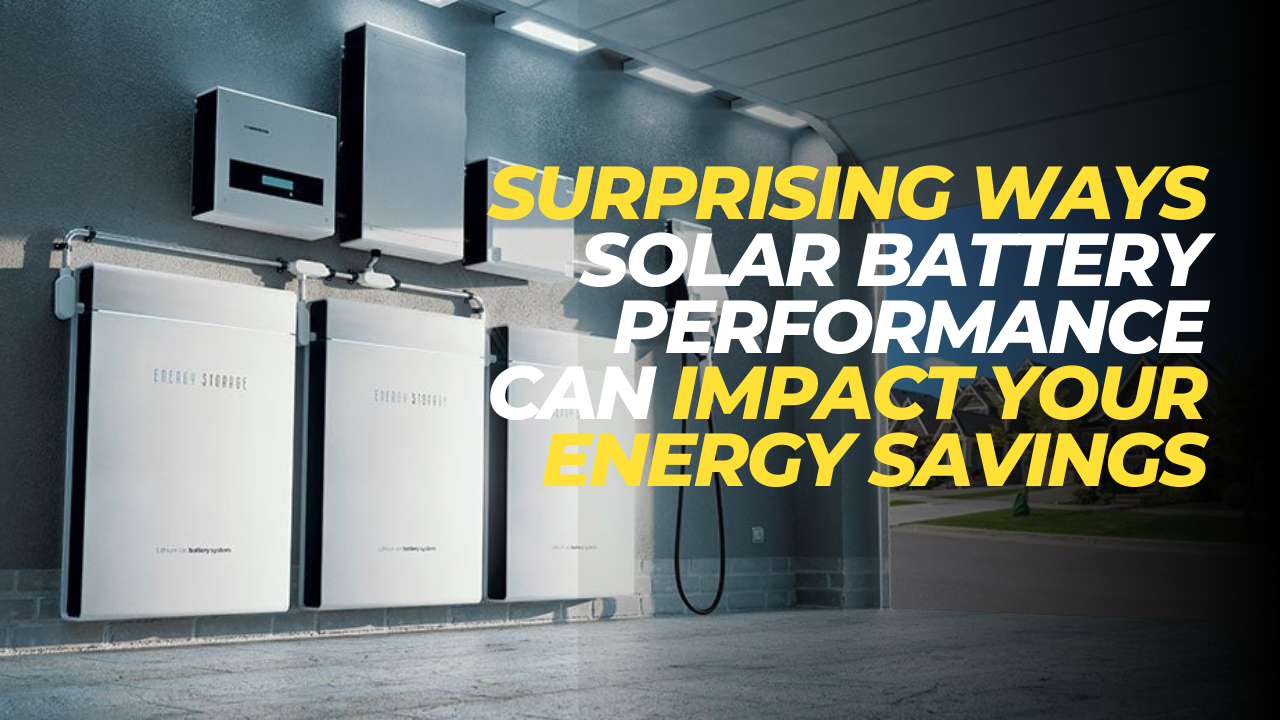How Do We Rate Solar Companies?
TL;DR: We rate solar installers from 1 to 5 stars to help you pick the best one. High stars mean they’re really good at what they do and treat their customers right. Low stars? Not so much. We give credit to companies that have been around for a while, know what they are doing, have a high standard of workmanship and equipment, don’t hire subcontractors to keep the bar of solar installation quality high and have good local reviews from real customers (yes, we check if the reviews are actually real or fake). Companies we choose as top-rated know and can help with federal and local solar incentives to help you save, have good financing plans, and guarantee their work. We’re here to point you to the solar companies that truly rock, making going solar easy and worthwhile for you.
Check our detailed review process here.
Quick Recap
- Is It Worth Going Solar in Michigan? Yes, going solar is a worthwhile investment in Michigan.
- How much does solar save homeowners in Michigan? Michigan homeowners with solar panels save an estimated $23,652 over 25 years.
- What is the average cost of going solar in Michigan? The average cost to install residential solar panels in Michigan is $19,670 before the full federal solar investment tax credit (ITC). The price drops to $13,769 after the full ITC.
- Michigan Solar Incentives Michigan offers the Michigan Saves Home Energy Loan Program to help homeowners upgrade their home’s energy efficiency. Also, the solar property tax exemption prevents an increase in property taxes due to the installation of a solar system.
- Net Metering Policies in Michigan Michigan currently does not have enabling legislation for net metering, so net metering programs in Michigan are developed and managed through a local electric utility.
- Are There Any Community Solar Programs in Michigan? Yes, community solar programs in Michigan are developed and managed through a local electric utility.
- What to look for in solar quotes? When considering each quote, look at the proposed system size, cost per watt, incentives, energy production estimates, projected electricity rate increases, solar panel brand and model, panel degradation rate, and financing.
- Will solar increase your home value in Michigan? Yes, the installation of a solar system can increase your home’s value in Michigan.
- What are the solar financing options available in Michigan? Michigan offers the Michigan Saves Home Energy Loan Program to help homeowners upgrade their home’s energy efficiency.
Is It Worth Going Solar in Michigan?
Going solar in Michigan can be a smart financial and environmental decision for many homeowners. While the state may not be known for abundant sunshine like some southern states, solar panels can still generate significant electricity and provide numerous benefits. Here are some key reasons why going solar is worth it for Michigan residents:
Energy Savings
One of the primary benefits of installing solar panels is the potential for substantial energy savings. Michigan has higher than average electricity rates compared to the national average, around 19.32 cents per kWh. By generating your own clean solar power, you can significantly reduce or even eliminate your monthly electricity bills.
The average Michigan homeowner can save about $15,224 on electricity costs over 20 years with a 5 kW solar system. The exact savings will depend on factors like your energy usage, system size, and utility rates, but most homeowners see a payback period of around 10 years, after which the savings continue to add up.
Financial Incentives
While Michigan doesn’t have as many state-specific solar incentives as some other states, there are still valuable programs available to make going solar more affordable:
- The federal solar tax credit allows you to deduct 30% of your total solar installation costs from your federal taxes. For the average 5 kW system costing $16,279 in Michigan, that’s a tax credit of $4,883.
- Net metering, while no longer technically required, is still offered by some utility companies. This allows you to send excess solar energy to the grid in exchange for credits on future electric bills.
- The Michigan Saves Home Energy Loan Program provides low-interest financing for solar installations, making it easier to afford the upfront cost.
- A property tax exemption ensures that your property taxes won’t increase from the value solar adds to your home.
Environmental Benefits
Beyond the financial benefits, going solar allows you to reduce your carbon footprint and reliance on fossil fuels. Solar energy is clean, renewable, and emits no greenhouse gases]. By generating your own emission-free electricity, you can feel good about doing your part to combat climate change.
In Michigan, a 5 kW solar system can offset over 6,000 pounds of coal burned and 15,000 pounds of carbon dioxide produced annually. As more homeowners adopt solar, it reduces strain on the grid and benefits the whole community.
Increased Home Value
Installing solar panels is also a smart investment in your home. Studies show that solar increases property values, with homes selling for 3-4% more on average. In Michigan, that translates to around $9,588 in added value for the median-priced home. So even if you sell your house before the solar panels fully pay for themselves, you can still recoup the cost through a higher sale price.
While there are upfront costs to consider, the long-term financial and environmental benefits of going solar in Michigan are clear. With substantial electric bill savings, a quick payback period, and valuable incentives, most homeowners find that solar is a smart investment.
How much does solar save homeowners in Michigan?
Average Cost of Electricity in Michigan
On average, Michigan residents spend about $160 per month on electricity, which adds up to $1,920 per year. The average electric rates in Michigan cost 19 ¢/kilowatt-hour (kWh). This means that the average electricity customer in Michigan is using 829 kWh of electricity per month, and 9,948 kWh over the course of the year.
Solar Panels and Savings
Solar panels can significantly reduce or even eliminate these costs. They do this by setting the price you pay for electricity lower than what you would pay on the grid. For example, the average price of electricity produced by solar systems is typically around $0.08 per kWh, which is less than half of the national average.
The average homeowner can save between $20,000 and $96,000 over a solar panel system’s lifetime, depending on the electricity costs in your area. For instance, if you install an 8.1 kW solar panel system in Michigan, you can expect to save $1,900 in your first year, $10,100 over five years, $21,500 over 10 years, and $49,100 over 20 years on electric bills.
Net Metering Policies in Michigan
Michigan used to offer net metering for all utility customers between 2008 and 2018. However, most Michigan utility companies no longer offer true net metering. Instead, they now offer something called the “Distributed Generation Program”.
Under the Distributed Generation Program, solar panel owners get credit for all excess energy their systems send to the grid during the day. These credits vary by the utility, but are generally between 6 and 12 cents, and are used to offset the power supply portions of their monthly energy bills. If the credit in any month exceeds the power supply portion of the bill, it carries over to the next month.
While the Distributed Generation Program is not as financially beneficial as net metering, homeowners in Michigan can still save money, and reduce their usage of fossil fuel electricity by going solar.
What is the average cost of going solar in Michigan?
Based on the information provided in the search results, the average cost of going solar in Michigan is around $16,107 before incentives for a typical 5 kW system, which comes out to about $3.22 per watt installed.
After applying the 30% federal solar tax credit, the average net cost drops to around $11,275 for a 5 kW system in Michigan.
Some key points about solar costs in Michigan:
- Prices range from $13,691 to $18,523 for a 5 kW system before incentives, depending on the specific equipment and installer.
- Larger systems have a lower cost per watt, but a higher total price. For example, a 10 kW system averages $32,215 before incentives.
- The average cost per watt installed is $3.22 in Michigan, which is higher than the U.S. average of $3.00 per watt currently.
However, Michiganders generally need smaller system sizes compared to other states, which helps keep the overall cost relatively low, averaging $25,340 before incentives.
After the 30% federal tax credit, a typical 6 kW system costs around $11,159 in Michigan currently.
So in summary, homeowners in Michigan can expect to pay between $11,000-$18,000 on average after incentives for a standard residential solar panel system in 2024. Actual costs will depend on system size, equipment, and the specific installer[1][4][5].
Michigan Solar Incentives
Michigan offers several valuable incentives and rebate programs to make going solar more affordable for homeowners. Here’s a detailed overview of the key incentives available:
Federal Solar Investment Tax Credit (ITC)
The most significant incentive for Michigan homeowners is the Federal Solar Investment Tax Credit (ITC). This program allows you to deduct 30% of your total solar installation costs from your federal taxes.
For example, if your solar system costs $20,000, you can claim a $6,000 credit on your next tax return. The ITC was recently extended through 2032 as part of the Inflation Reduction Act.
Michigan Solar Property Tax Exemption
Michigan offers a property tax exemption for solar panel systems. This means the value your solar panels add to your home cannot be included when assessing property taxes, so your property tax bill won’t go up from installing solar.
With property taxes averaging 1.378% in Michigan, this exemption provides substantial savings over the life of your solar system.
Michigan Saves Home Energy Loan Program
The Michigan Saves Home Energy Loan Program provides low-interest financing for solar installations and energy efficiency upgrades. Homeowners can borrow $1,000 to $50,000 with terms up to 10 years or $100,000 with terms up to 15 years. Current APRs range from 6.90% to 7.69%.
This makes it easier to afford the upfront cost of going solar and pay it back over time with energy savings.
Local Utility Rebates
Some local utility companies offer additional rebates for going solar:
Lansing Board of Water & Light (LBWL) provides rebates up to $500 per kW installed, capped at $2,000 total for residential solar.
It’s worth checking with your utility provider to see if any other local incentives are available.
Between the 30% federal tax credit, property tax exemption, net metering, and attractive financing options, Michigan offers strong incentives for homeowners to go solar. While there is no state tax credit or rebate, the combination of federal and local programs still makes solar a smart investment.
The typical Michigan homeowner can save about $15,224 on electricity costs over 20 years with a 5 kW solar system. Most see a payback period of around 10 years, after which the savings continue to accrue.
Michigan’s Net Metering Policy
Michigan used to have full retail net metering, but the policy has changed in recent years. In 2016, the Michigan Public Service Commission (MPSC) phased out retail net metering for new solar customers.
Now, most utilities offer a modified net metering program called “distributed generation” (DG) or “inflow/outflow” billing. Under this system:
- Excess solar energy sent to the grid earns credits at the “power supply component” rate, which is lower than the full retail rate. It’s typically around half of the retail price of electricity.
- When drawing energy from the grid, solar owners are billed at the full retail rate.
So while solar owners can still offset their electricity costs with net metering credits, the value of those credits is lower than before. The exact rates and how credits are calculated vary by utility.
How to Benefit from Net Metering
Despite the changes, net metering can still significantly reduce your electricity bills. Here are some ways to maximize the benefits:
- Size your solar system properly: Aim to generate about as much electricity as you use annually. Oversizing your system will lead to excess credits that you won’t be able to use effectively with the lower credit rates.
- Use electricity wisely: Shift some of your energy usage to times when your solar panels are producing the most (like midday), so you can use your solar energy directly and send less to the grid.
- Consider a solar battery: Batteries let you store excess solar energy at home instead of sending it to the grid. You can then use that stored energy later without having to draw from the grid and pay retail rates.
- Choose an installer who understands Michigan’s policies: An experienced local installer can design a system that optimizes your production and maximizes your savings under Michigan’s net metering rules.
It’s important to note that net metering policies can vary by utility, and some municipal utilities and electric cooperatives may offer different programs. Check with your specific utility provider to understand their net metering rates and procedures.
Overall, while Michigan’s net metering policy isn’t as generous as it used to be, it still allows solar owners to save money by offsetting their electricity costs. By strategically designing your system and managing your energy usage, you can make the most of net metering and see a strong return on your solar investment.
Are There Any Community Solar Programs in Michigan?
Yes, there are several community solar programs and initiatives available in Michigan that allow residents to access the benefits of solar energy without having to install panels on their own property. Here are a few key programs:
Michigan Solar Communities
The Michigan Department of Environment, Great Lakes, and Energy (EGLE) runs the Low-to-Moderate Income Access Program, which uses a community solar model. It partners with local electric utilities, state government, and weatherization entities.
Participating low-income households subscribe to a share in a local community solar array and receive monthly bill credits. They also get free weatherization services to maximize savings. Pilot projects with Cherryland Electric Cooperative and Village of L’Anse Electric Utility have enabled 75 households to earn $275-$350 per year in solar bill credits.
MI Solar Access Program Grants
EGLE is offering at least $320,000 in grants through the MI Solar Communities-MI Solar Access Program to help communities access clean energy. Local governments, electric utilities, small businesses, and nonprofits can apply for $80,000-$100,000 grants.
The program aims to expand solar access regardless of households’ ability to install their own panels. Grantees must allocate 85-100% of funds to households at or below 200% of the federal poverty line.
Utility-Specific Programs
Some Michigan utilities offer their own community solar options:
- Consumers Energy’s Solar Gardens allows customers to subscribe to solar panels in utility-owned gardens and receive bill credits. Over $4 million is being invested to expand the program.
- DTE’s MIGreenPower program lets customers pay a premium to help subsidize utility-owned solar development. As part of a settlement, DTE is also working to build subscribed solar projects for low-income customers in Highland Park, River Rouge, and Detroit.
Proposed Community Solar Legislation
Currently, Michigan law does not require utilities to provide bill credits for third-party community solar. However, recently introduced bipartisan bills (SB 152 and 153) would enable community solar projects up to 5 MW, allowing residents to subscribe and receive utility bill credits.
The legislation would require 30% of the energy to benefit low-income households[3]. Advocates believe this would make solar more accessible, create jobs, and strengthen the grid.
To take advantage of community solar in Michigan, residents can:
- See if they qualify for the Michigan Solar Communities program through EGLE
- Check if their utility offers any community solar options to join
- Express support to legislators for community solar enabling bills
- Look out for new community solar projects if/when legislation passes
The landscape is evolving, but Michigan residents have a growing number of options to access shared solar and its cost-saving, environmental, and grid resilience benefits. Community solar can be especially impactful for low-income households burdened by high energy costs.
